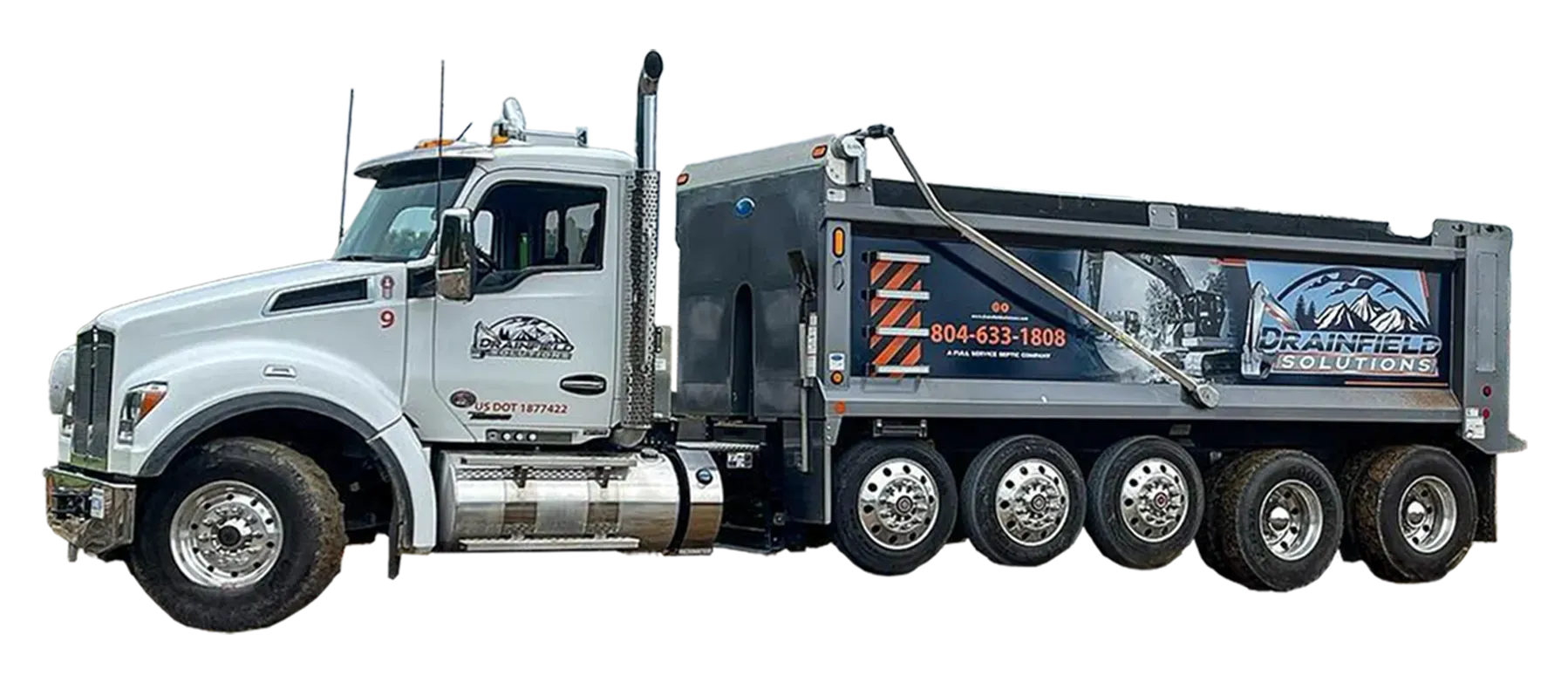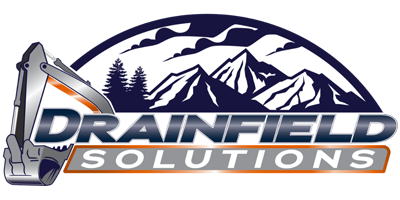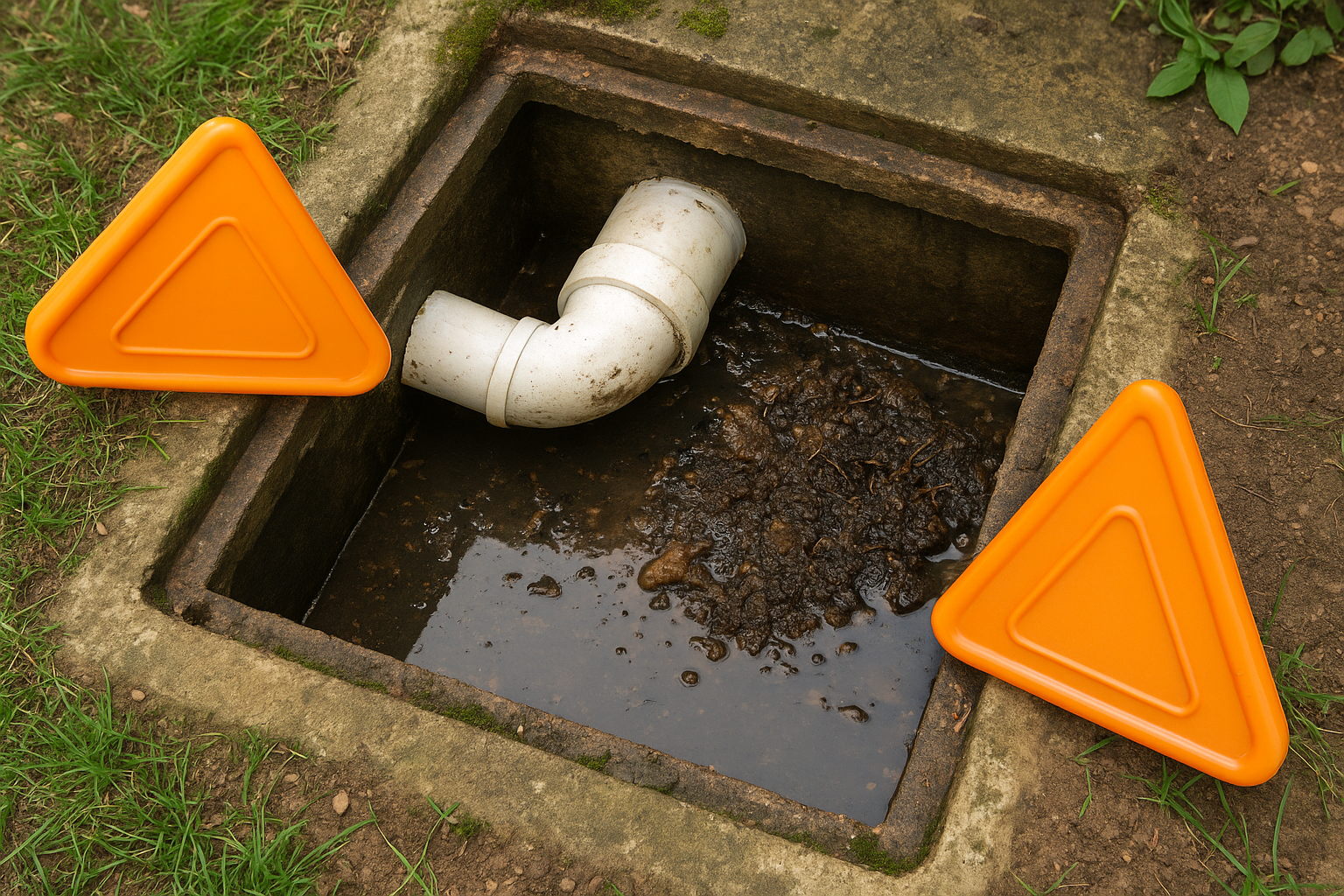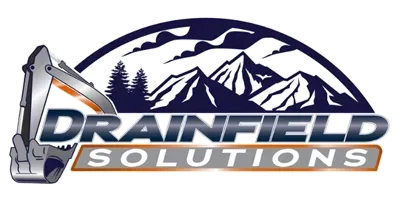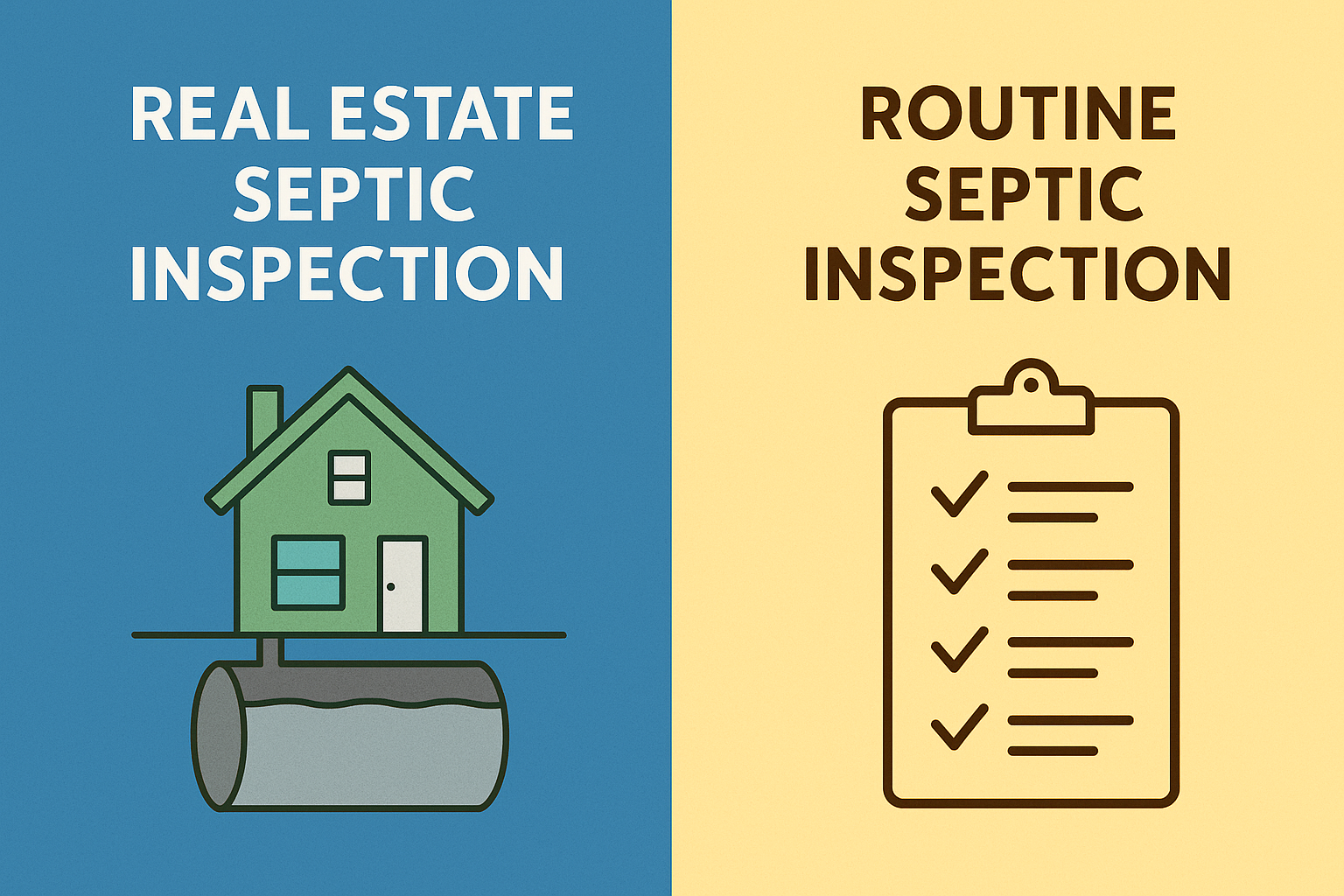
Real Estate Septic Inspections in Virginia vs. Routine Septic Inspections: A Homeowner’s Guide to the Differences
July 26, 2025
If you’re buying or selling a home in Virginia—especially in rural and suburban areas like Spotsylvania County, Fredericksburg, or Louisa County—you’ve likely come across the topic of septic inspections. These inspections play a key role in protecting property value, public health, and the long-term functionality of onsite wastewater systems.
But not all septic inspections are created equal.
There’s often confusion between real estate septic inspections and routine septic inspections—and with new standards taking effect on July 1, 2025, under HB2671, understanding the difference is more important than ever.
Let’s clear the air: Real Estate septic inspections are not required by law for every real estate transaction in Virginia. However, if a real estate septic inspection is performed as part of a real estate deal, it must now follow strict guidelines set by state law.
This homeowner’s guide breaks down the critical differences between routine septic inspections and real estate septic inspections, outlines what HB2671 changes, and helps you decide when and why to schedule each type.
The Purpose of Septic Inspections in Virginia
Virginia is home to over 1 million onsite sewage systems, and homeowners in places like Caroline County, King George County, and Mineral rely on septic systems to manage wastewater safely.
Because septic issues often go undetected until major failures occur, routine septic inspections are a vital part of system maintenance. They help homeowners:
- Prevent backups and costly septic drainfield repairs
- Protect property value
- Comply with local health regulations
- Extend the lifespan of the septic system
In the real estate world, septic inspections provide critical insight into a home’s condition—especially in areas without access to public sewer. That’s where real estate septic inspections come in.
But starting July 1, 2025, these real estate septic inspections must follow new legal guidelines outlined in Virginia's HB2671.
What Does HB2671 Actually Do?
HB2671, passed by the Virginia General Assembly, does not mandate a septic inspection for every home sale. Instead, it sets uniform standards for septic inspections when they are conducted in connection with a real estate transaction.
This new law ensures buyers, sellers, agents, and inspectors are on the same page when evaluating septic systems during property transfers.
The law introduces the Virginia Real Estate Septic System Inspection Contract, a legally binding document that must be used whenever a real estate septic inspection is performed after July 1, 2025.
What’s Included in a Real Estate Septic Inspection (Per HB2671)?
Here’s what real estate professionals and homeowners need to know:
Scope of The Real Estate Septic Inspection
The inspector will visually examine all readily accessible and openable components, including:
- Septic tanks
- Pump tanks
- Distribution devices
- Treatment units
- Control panels
- Dispersal (drain) fields
- Any components listed in the system’s operation permit
- Vegetation and grading conditions that may impact system function
❗Note: No hydraulic load testing or “pass/fail” judgments are allowed.
Inspector Qualifications
Only inspectors with a valid Virginia DPOR license may conduct these inspections. Acceptable license types include:
- Onsite Sewage System Operator
- Onsite Sewage System Installer
- Onsite Soil Evaluator
Written Report Requirements
A report must be delivered within 10 days, including:
- Items inspected and not inspected (with reasons)
- Any malfunctioning components
- Recommendations for repair or further professional review
- Inspector’s name, license number, and signature
Legal Protections
- Inspectors must keep records for
7 years
- Disputes are resolved via
binding arbitration
- Only
visual, non-invasive methods are used
This applies to homes in Richmond County, Essex County, Stafford County, and anywhere else in the Commonwealth where real estate septic inspections are tied to real estate transactions.
What Is a Routine Septic Inspection?
A routine septic inspection is a preventative maintenance check that homeowners voluntarily schedule to assess the health of their system. These inspections are not tied to property transfers and are typically recommended every year in Virginia, depending on system type and household size.
Routine Inspections May Include:
- Checking septic tank levels (scum and sludge)
- Inspecting baffles and effluent filters
- Evaluating septic tank pump function
- Examining the drainfield for signs of saturation or failure
- Looking for
root intrusion, leaks, or odor issues
- Recommending septic tank
pumping, septic drainfield repair, or drainfield restoration
Unlike real estate septic inspections, routine septic inspections can also include:
- Hydraulic load testing
- Dye testing
- Camera inspection of lines
They offer more flexibility and detail and can be performed by any qualified septic professional—not just DPOR-licensed inspectors.
Key Differences Between Real Estate and Routine Septic Inspections
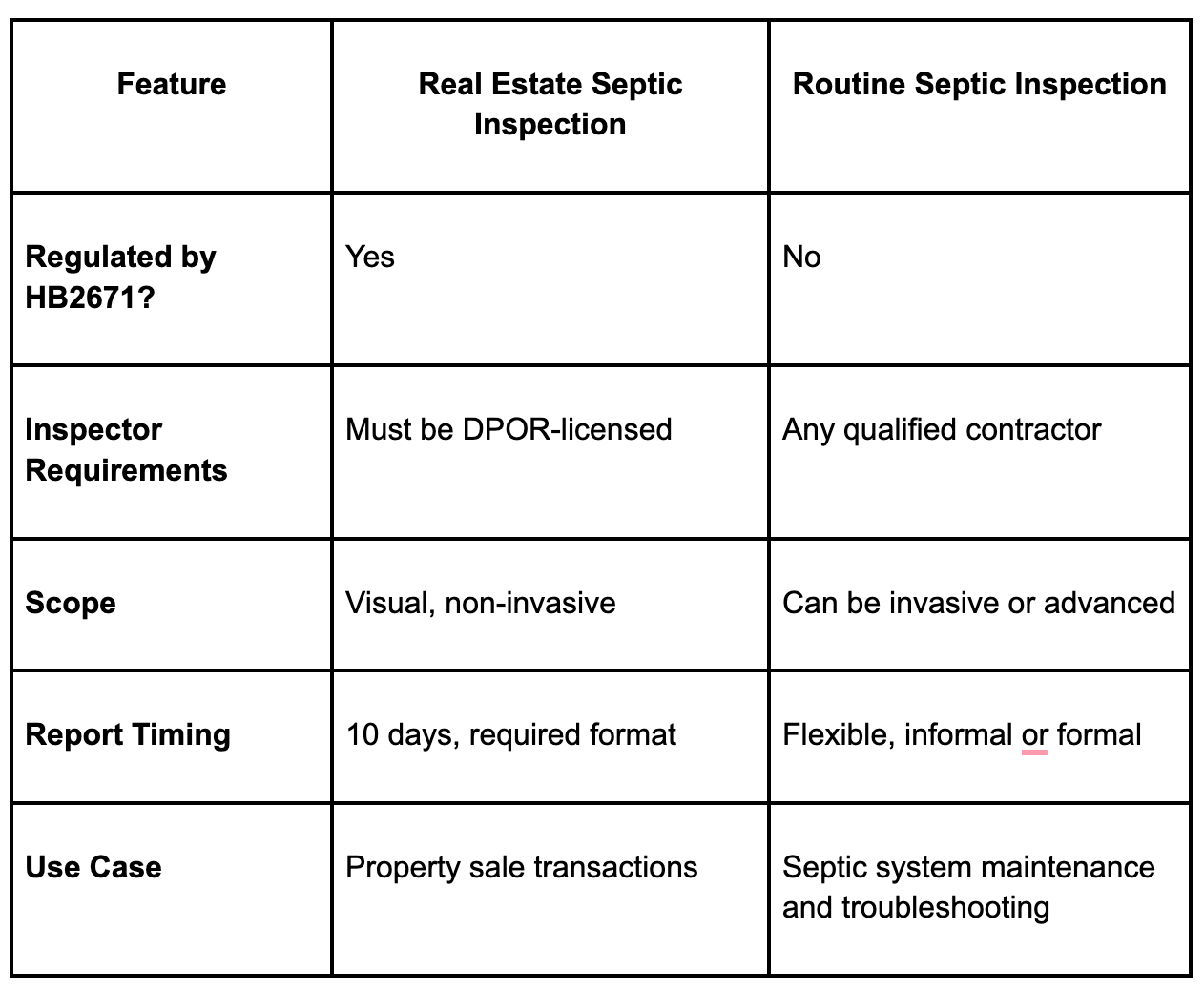
When to Schedule Each Type of Septic Inspection
Real Estate Septic Inspection (Post–July 1, 2025)
Schedule if:
- You're a
buyer wanting to evaluate the septic system during due diligence
- You're a
seller preparing the property for market
- Your real estate
agent recommends it to avoid closing delays
Even though the real estate septic inspection isn't mandatory, it's increasingly standard in home sales—especially in rural towns like Bowling Green, Tappahannock, and Aylett.
Routine Septic Inspection
Schedule if:
- It’s been more than 3 years since your last inspection
- You notice signs of septic system issues (slow drains, odors, wet spots)
- You recently bought a home with an unknown septic maintenance history
Routine septic inspections help protect your investment and can prevent the need for costly drainfield replacement or emergency septic repair.
According to theEPA, routine inspections are one of the most important actions homeowners can take to maintain their septic systems.
Common Problems Found in Septic Inspections
Whether real estate-related or routine, septic inspections can reveal:
- Damaged septic tank lids or baffles
- Leaking or overfilled septic tanks
- Clogged or crushed pipes
- Drainfield oversaturation
- Root intrusion in drain lines
- System age-related wear
In areas with clay-heavy soils, like Hanover County, Culpeper, or King and Queen County, these problems can be intensified—prompting consideration of alternative septic systems for clay soil or other modern drainfield solutions.
Protecting Your Property and Investment
No matter where you live—whether it’s Mechanicsville, Stafford, or Falmouth—staying informed about your septic system is part of responsible homeownership.
Real estate septic inspections give transparency to buyers and sellers, while routine septic inspections help you avoid major disruptions and preserve your system’s performance.
If you're unsure which type of septic inspection you need, talk to a professional like Drainfield Solutions. We’re here to help you navigate compliance, performance, and peace of mind.
About Drainfield Solutions
Drainfield Solutions is a family-owned company with nearly 20 years of experience providing professional, environmentally-friendly septic services across Central Virginia. We specialize in:
- Septic tank pumping
- Septic inspections (real estate and routine)
- Drainfield design and repair
- Emergency septic service
- Alternative septic systems and upgrades
Proudly serving homeowners in Spotsylvania County, Stafford County, Louisa County, King George County, Richmond County, and surrounding areas.
Contact us at 804-633-1808 or visit our website at www.drainfieldsolutions.com.
Drainfield Solutions.
Your Septic.
Our Priority.
Always Reliable.
Always Professional.
Share Post
Latest Posts
Ready to Take the Next Step?
Whether you're in need of a system inspection or regular maintenance, Drainfield Solutions is here to help. Get in touch today for reliable service you can trust.
